India Reports New Spike of Nearly 4,000 COVID-19 Deaths in a Single Day as Third Wave Looms
Health care workers are still recovering from immense physical and mental health tolls of second wave, urging public health and safety precautions as lockdowns subside
New Delhi, India (July 21, 2021) — India recently reported 3,998 COVID-19 deaths in a single day, the country’s highest death toll in a month, indicating that a third wave is imminent. Some models estimate that India’s total COVID-19 death toll could be 10 to 15 times higher than official government estimates. Thus, single-day deaths may also be much higher than currently reported. With newly diagnosed infections hovering above 40,000 each day, Project HOPE warns that the country must immediately prepare to mitigate the effects of the new wave marked by the wide circulation of the more deadly Delta variant and should continue implementing public health and safety measures.
Ray Kancharla, Project HOPE’s team lead in India, issued the following on-the-ground updates:
“Prevention is the only cure right now. Though nationally there has been a decline in COVID-19 cases and deaths since the second wave subsided in mid-June, and lockdowns have eased slightly, the recent jump in COVID-19 deaths is a stark reminder that the risk of this virus is not over.
“We should avoid repeating the same story of what happened a few months ago. Health care workers are still under incredibly heavy stress. I recently spoke with nursing students from marginalized communities in Southern India who became COVID-19 Care Workers during the pandemic. They didn’t realize the job would come with such immense physical and mental health tolls. During the second wave, health care staff worked 18 hours a day while consulting and monitoring other patients over the phone after hours. Even though their workday has now shortened slightly, the loss of colleagues makes them aware of the ongoing risk of a looming third wave. There are reports that between 600 to 800 doctors lost their lives in the second COVID-19 wave. The best way to honor them is to prioritize supporting those who remain on the frontline.
“There are four states where COVID-19 numbers are still very high: Kerala, Karnataka, Tamilnadu and Maharashtra. Telangana and Andhra Pradesh are close in numbers as well. We cannot forget the deadly lack of resources such as oxygen and hospital beds that recently plagued our country. People are now claiming that there is a surplus of these supplies, but the Delta variant could switch that in an instant. A new COVID-19 wave could be even more dangerous with even higher mortality rates. Many are referring to it as COVID-Delta, as the Delta variant takes less time to go to extremes, sometimes without any symptoms. We’ve seen how fast this virus can spread and take lives, so we must emphasize prevention and preparedness before it’s too late.”
Project HOPE In India
- Project HOPE is working with partners across India to bring COVID-19 education and awareness to vulnerable rural and urban slum populations, many of whom do not have access to health facilities, technology and routine care.
- Project HOPE has reached nearly 3,000 villages with vehicle campaigns to teach people about COVID-19 prevention as public health and safety measures are the main drivers of prevention in vulnerable and marginalized communities. The vehicle campaigns also educate on vaccines and have expanded into the urban population of New Delhi with a goal of reaching one third of the entire region.
- Project HOPE is supporting Primary Health Care Centres in four states by strengthening their medical equipment infrastructure in advance of a third wave.
- Pediatric COVID-19 Care Centres are underway, where Project HOPE will teach interventions for how to care for children infected with COVID-19 should a third wave strike.
Multimedia: More images available upon request.
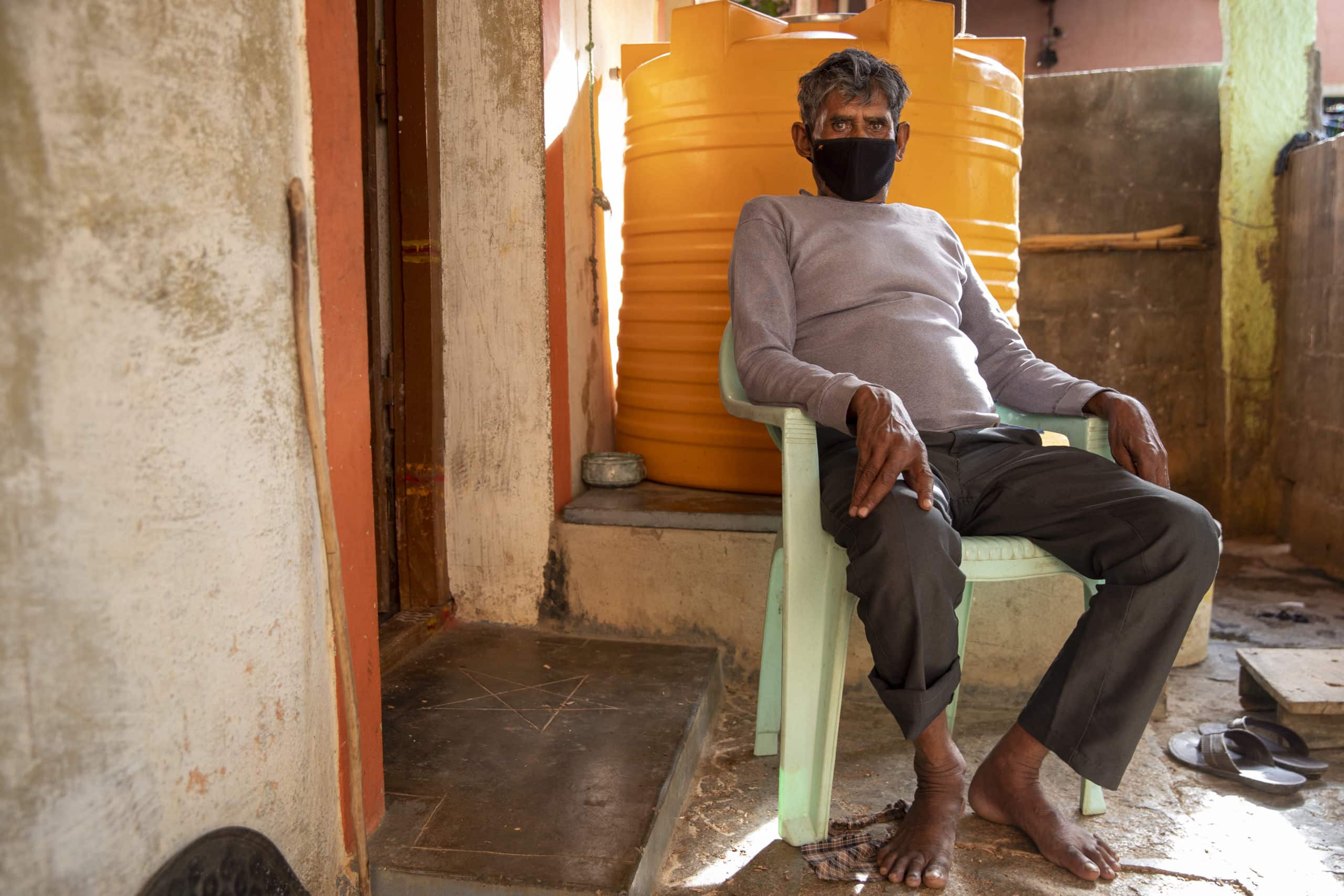
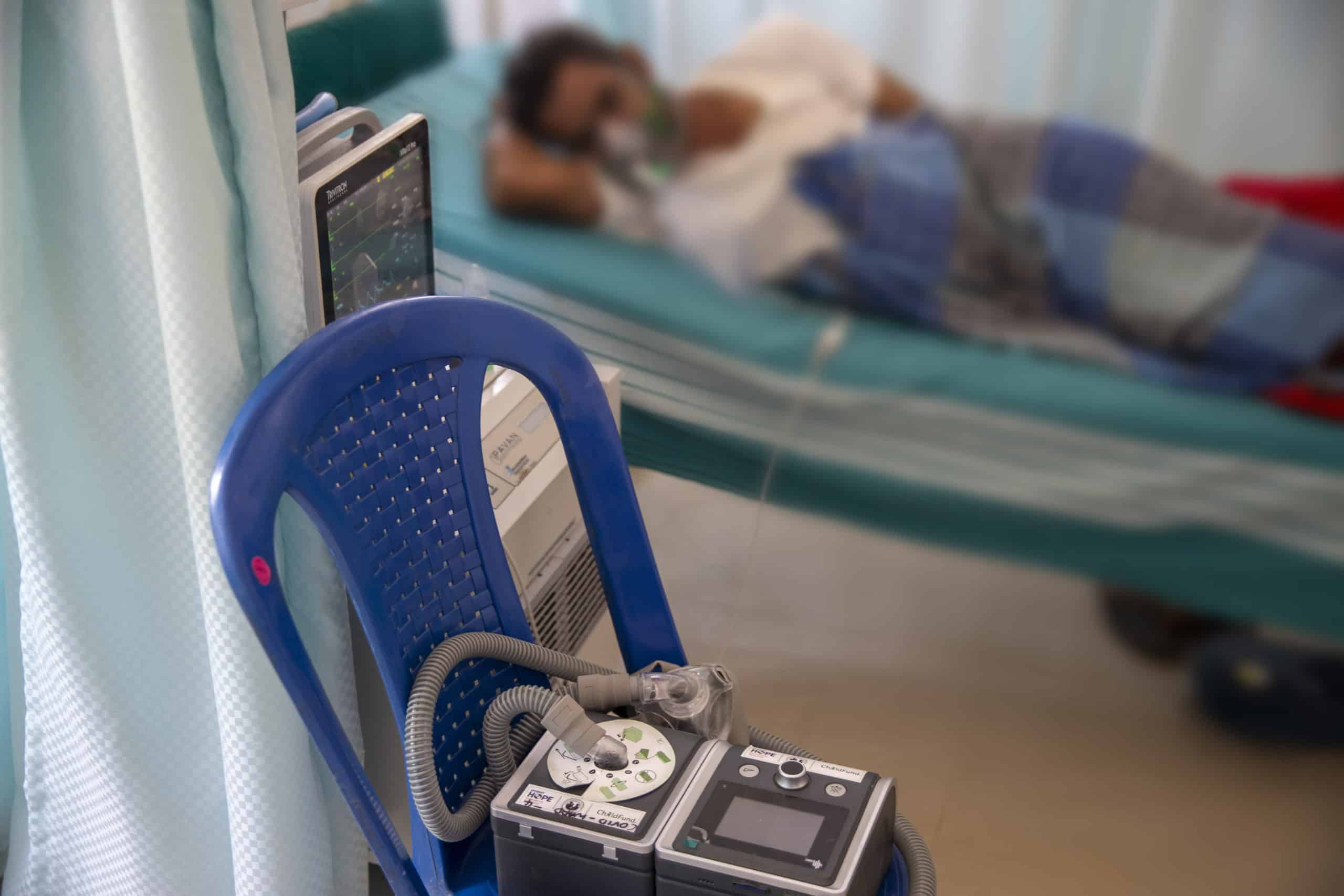
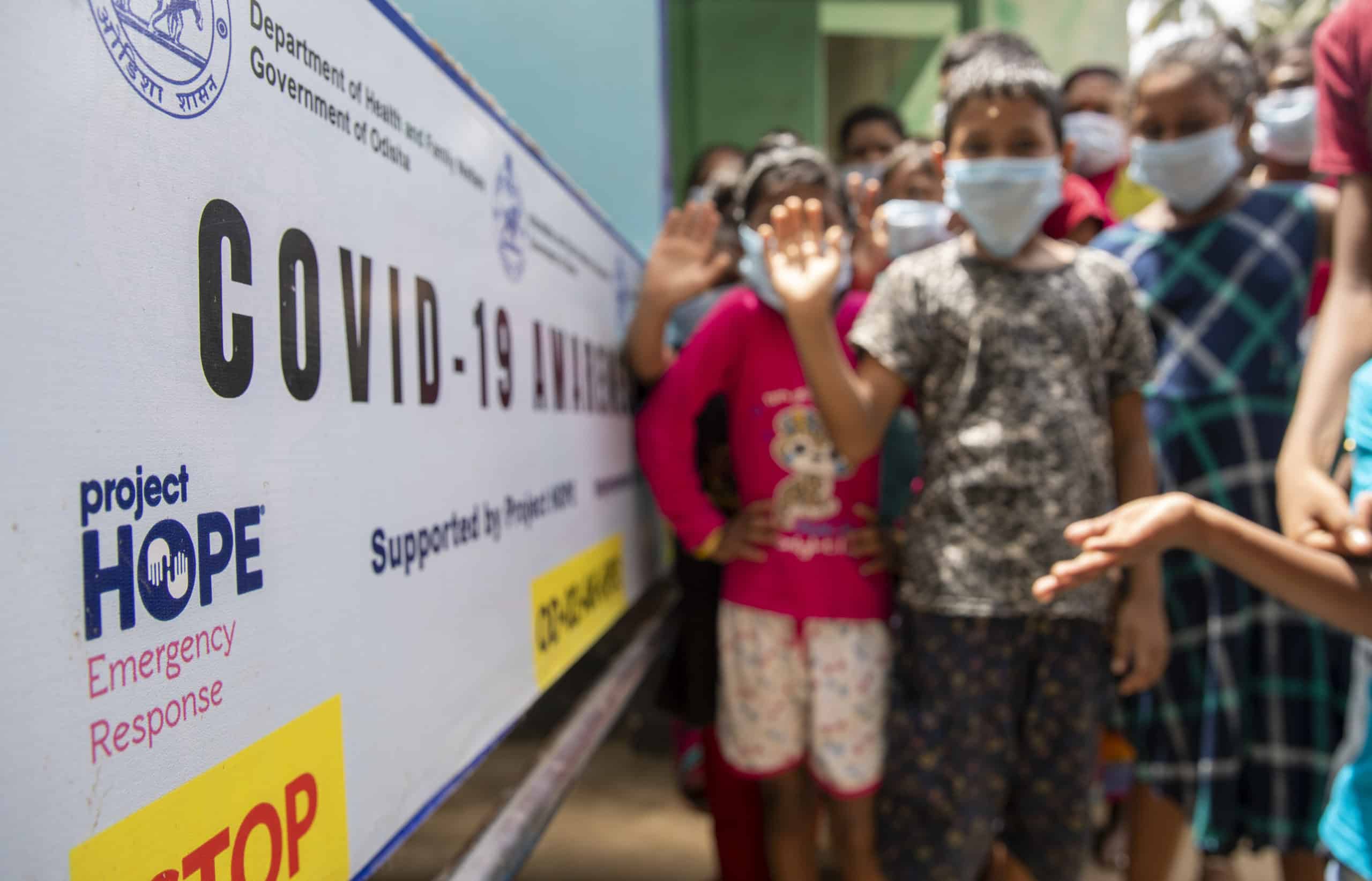
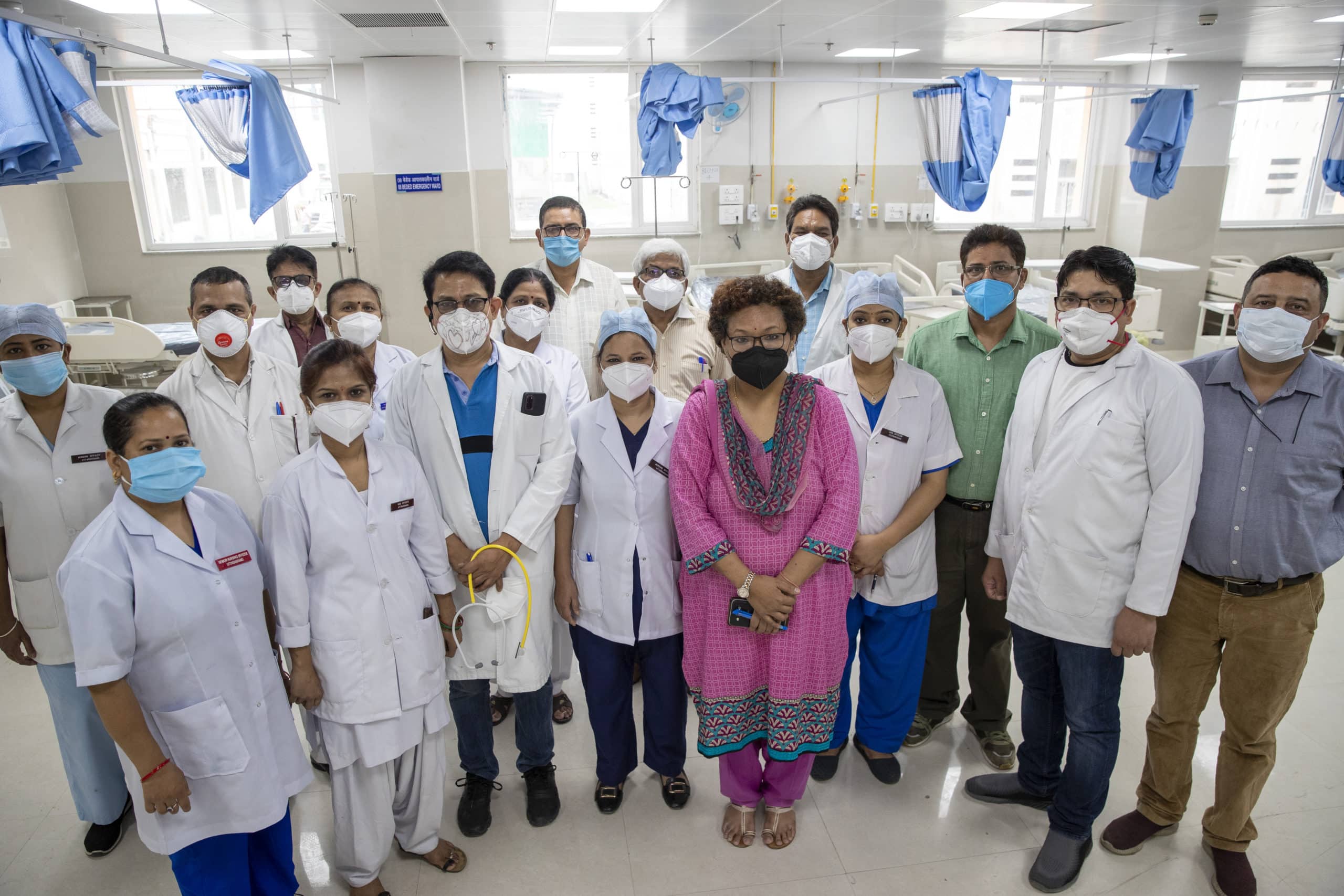
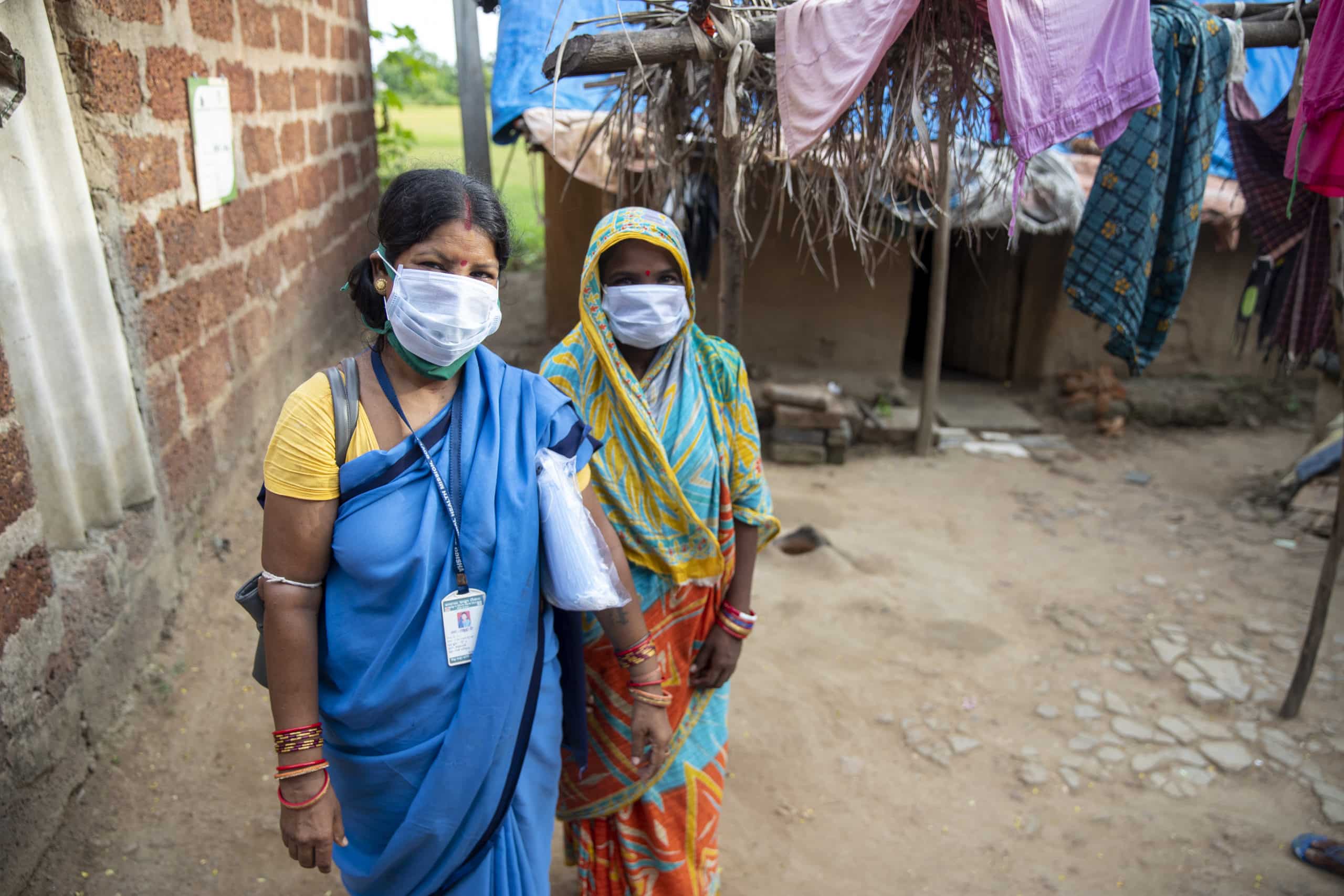
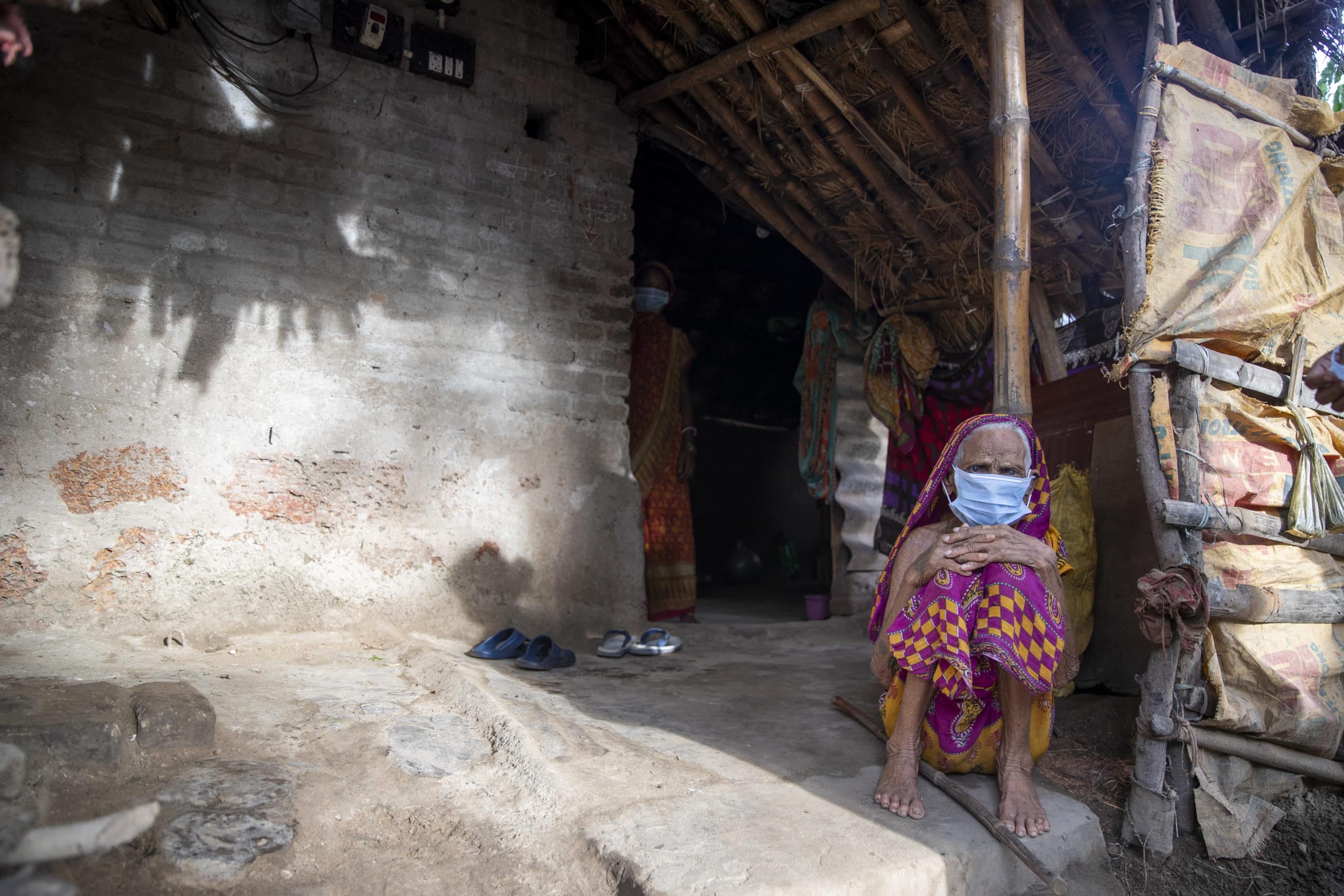
About Project HOPE
With the mission to place power in the hands of local health workers to save lives around the world, Project HOPE is a global health and humanitarian organization operating in more than 25 countries. Founded in 1958, we work side-by-side with local health systems to improve health and support community resilience. We work at the epicenter of today’s greatest health challenges, including infectious and chronic diseases; disasters and health crises; maternal, neonatal and child health; pandemic preparedness and response; mental health for health workers; and the policies that impact how health care is delivered. For more information, visit www.ProjectHOPE.org and follow us on Twitter @ProjectHOPEorg.
###